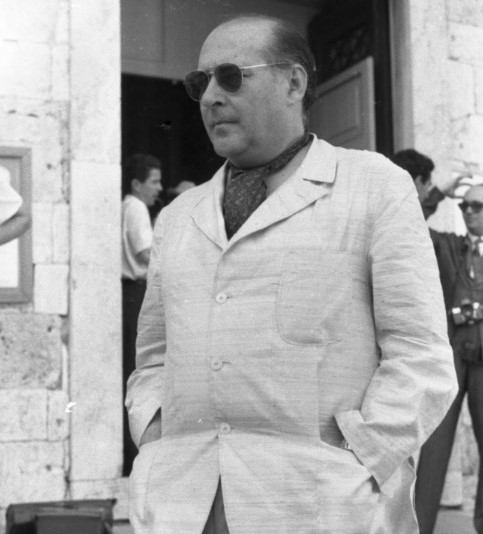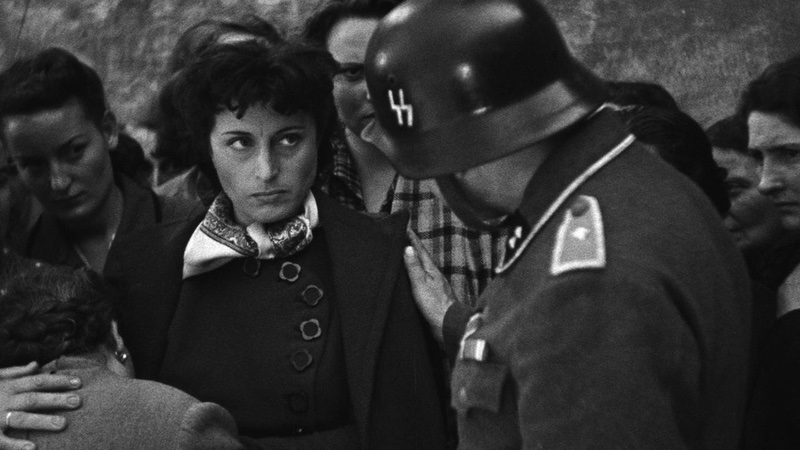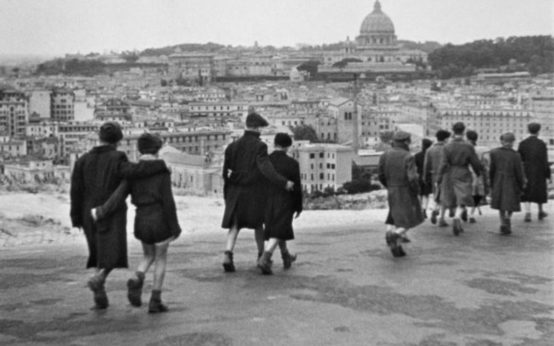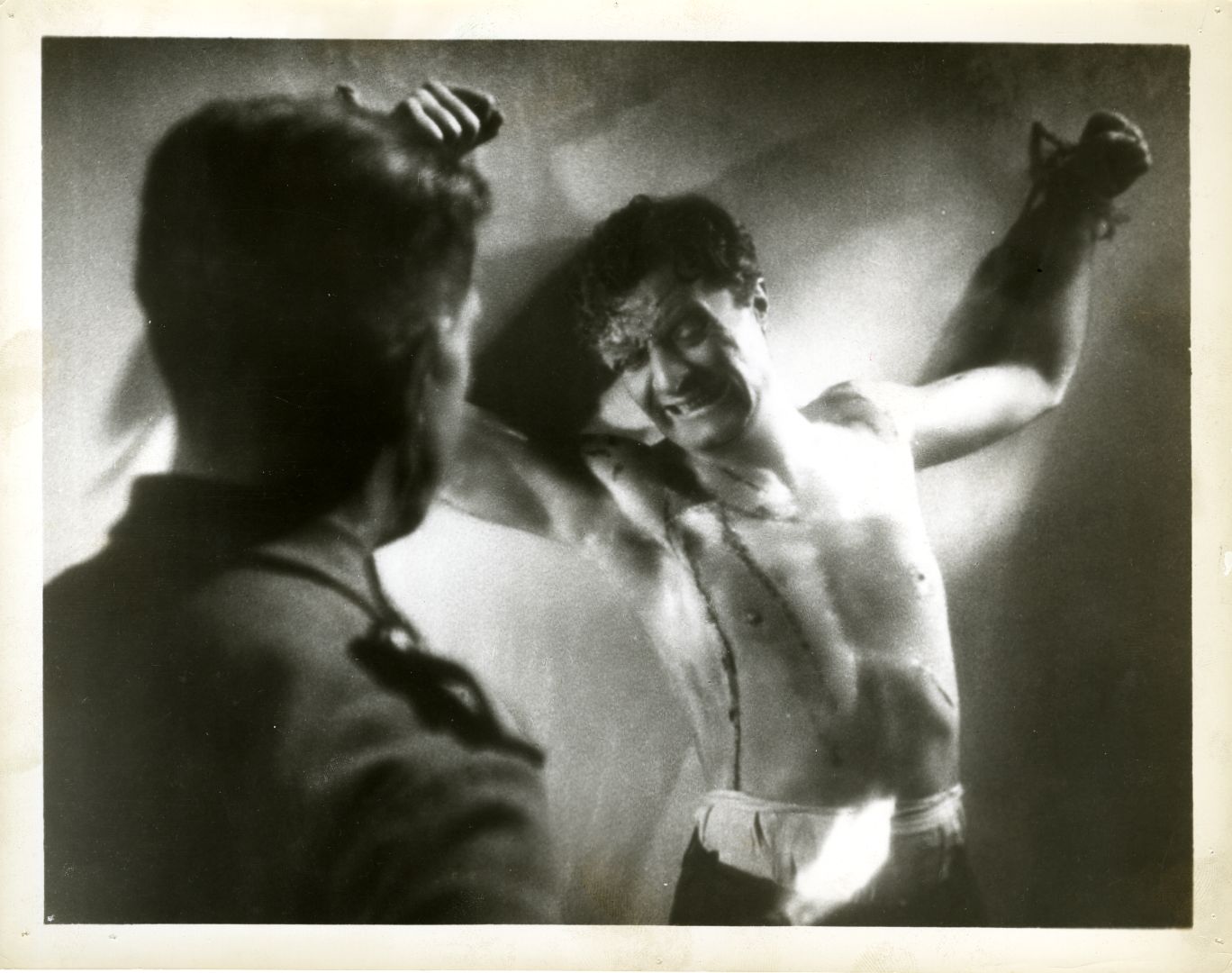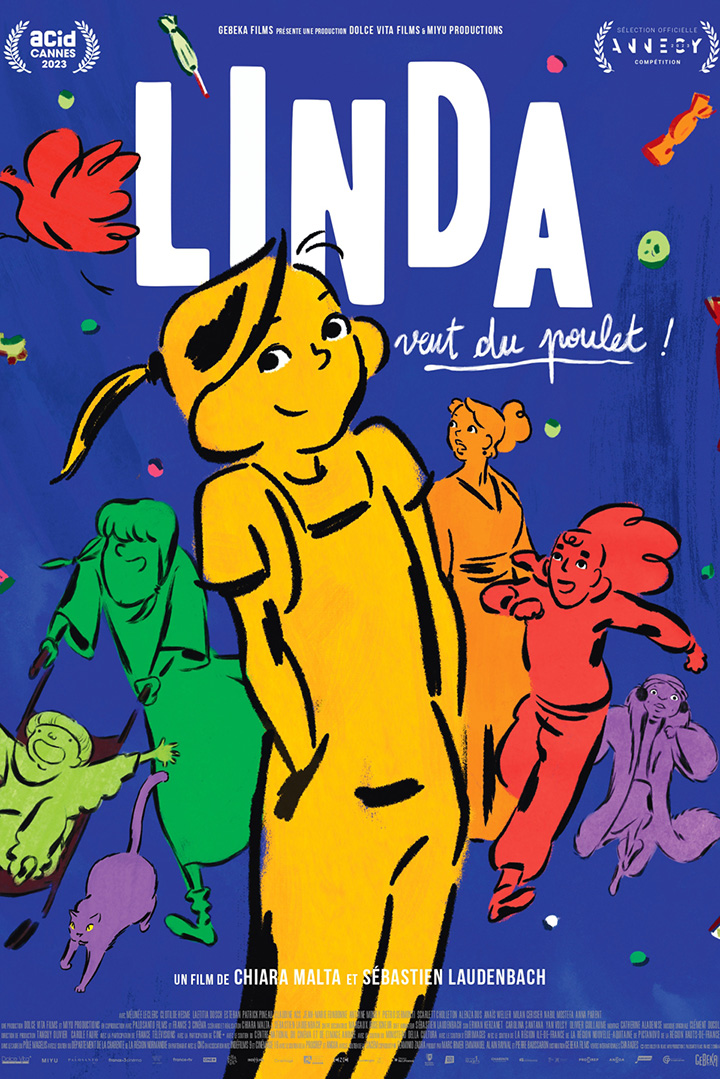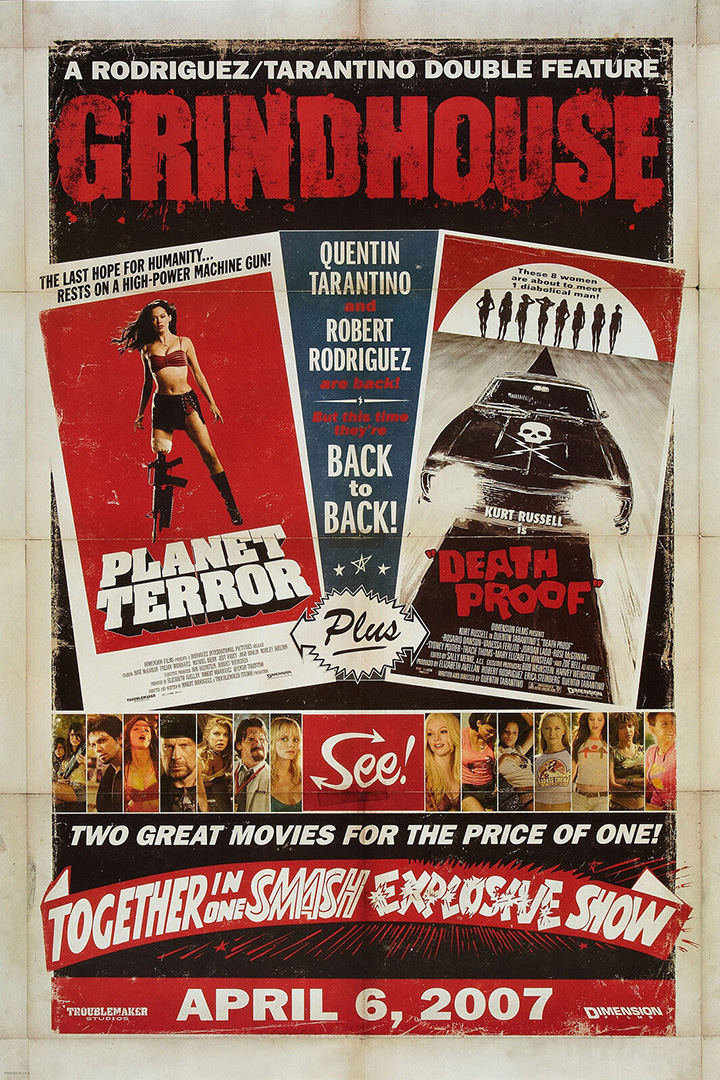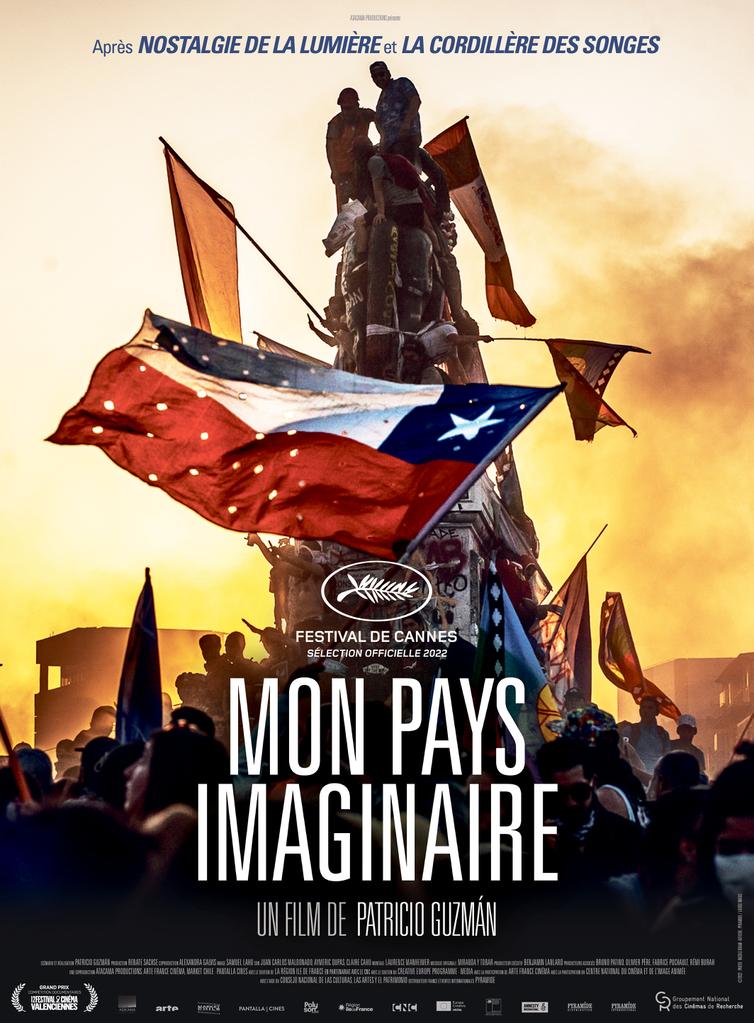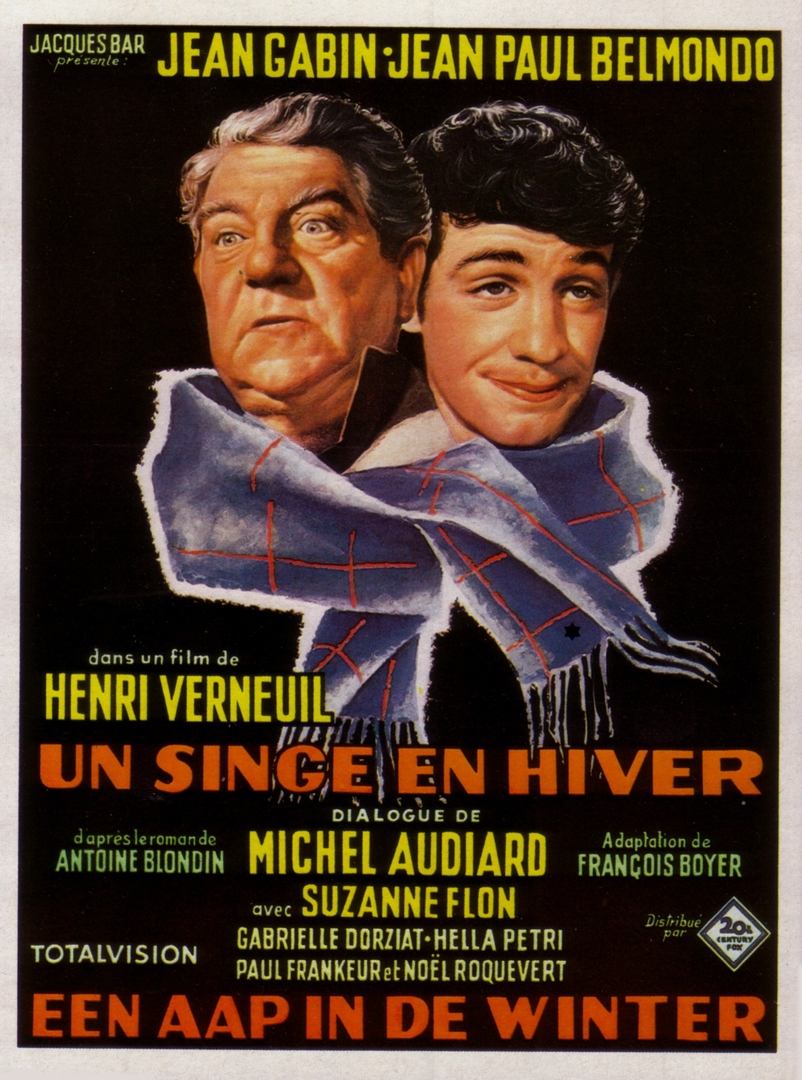Rome, Open City
Making lists is an activity moviegoers are fond of. Every year, the same ritual: compilation of the ten best films, with comparative analyses, debates, heated discussions. But what about the ultimate list of the most outstanding films in the history of cinema? That is to say, those films that must be seen, those that have forever transformed the art of cinema, but also our way of seeing a culture, of understanding the world as well as our own lives? This program aims to tackle this challenge with nearly eighty films, produced between 1916 and 1960, while waiting for your lists!
In Rome, during the Second World War, Manfredi, the leader of a communist resistance network tries to escape from the Gestapo, with the help of Francesco, Pina and the priest Don Pietro.
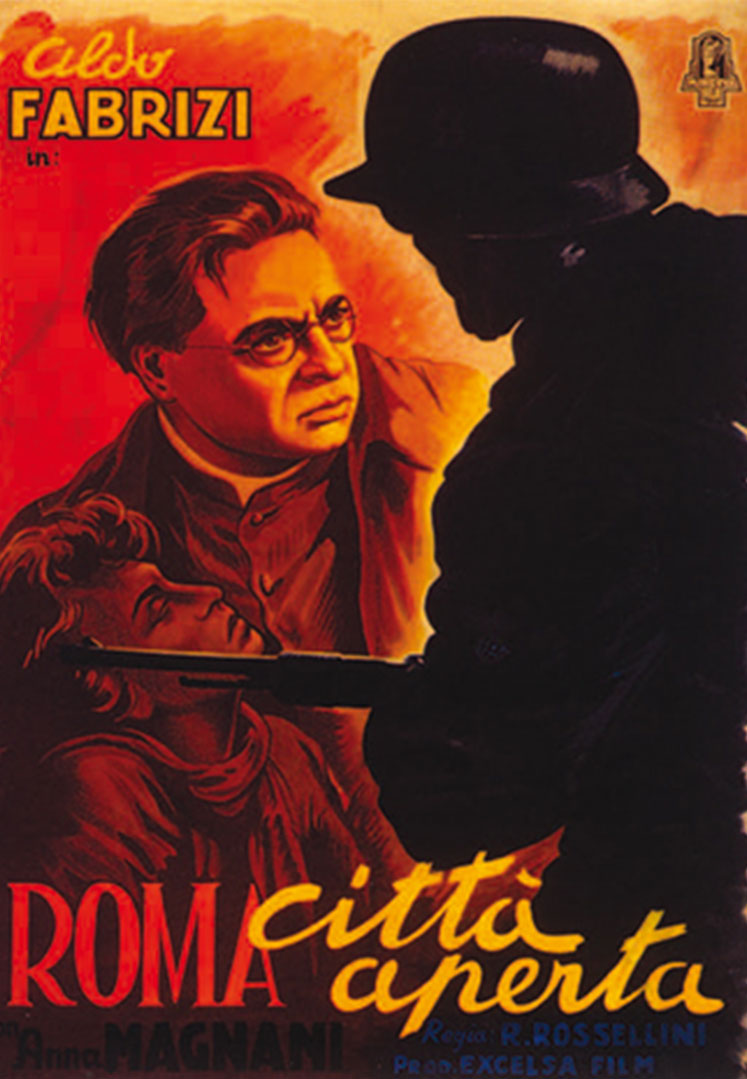
Trailer in Italian with English subtitles. The movie will be shown in Italian with French subtitles.
Roberto Rossellini
Roberto Gastone Zeffiro Rossellini was an Italian film and television director born May 8, 1906 in Rome where he died June 3, 1977. Rossellini is one of the most important directors of neorealist cinema Italian, a movement that was largely formed around him and his films Rome, open city (Roma, città aperta) in 1945, Païsa (Paisà) in 1946, or Germany year zero (Germania anno zero) in 1948.
